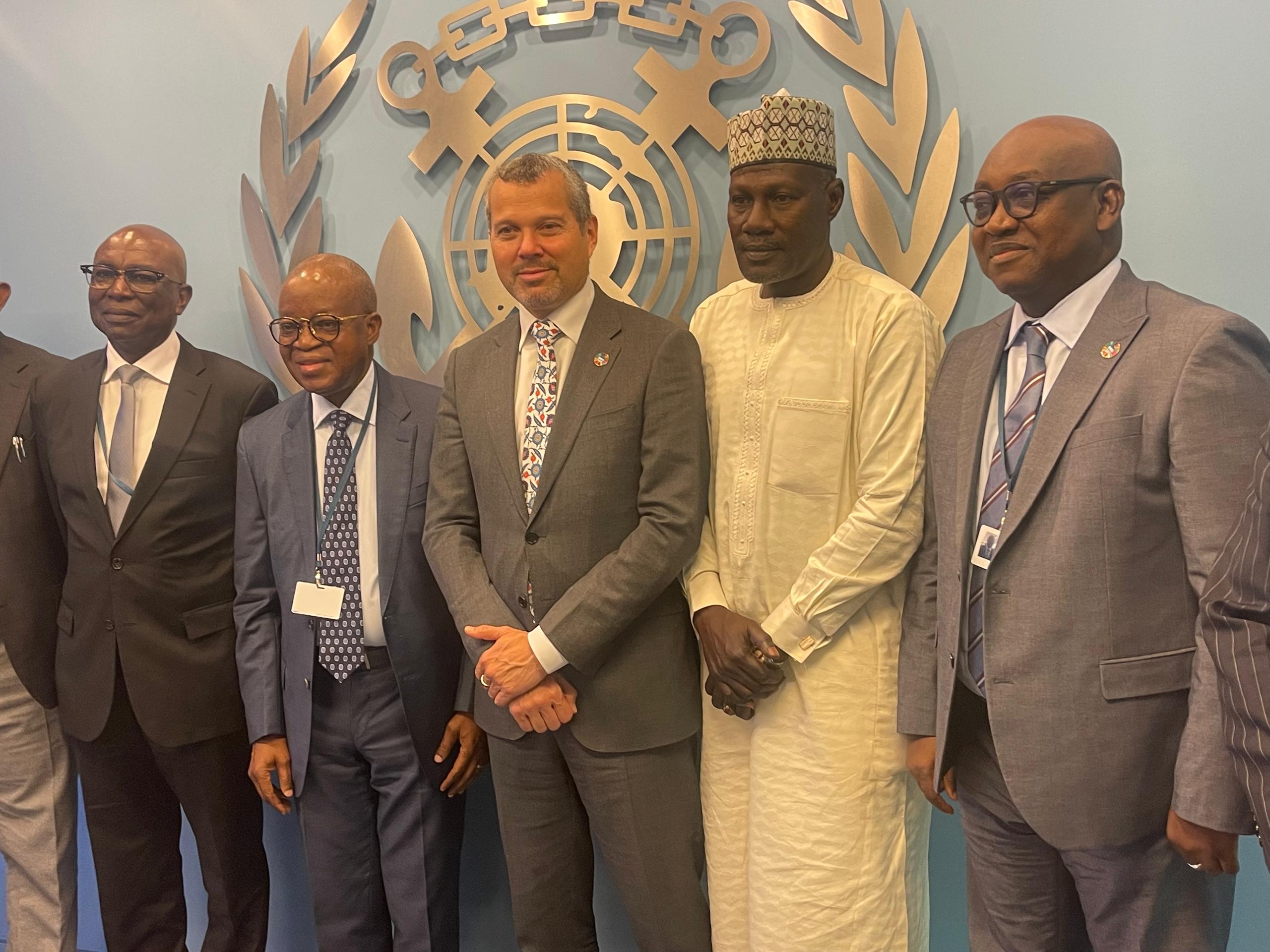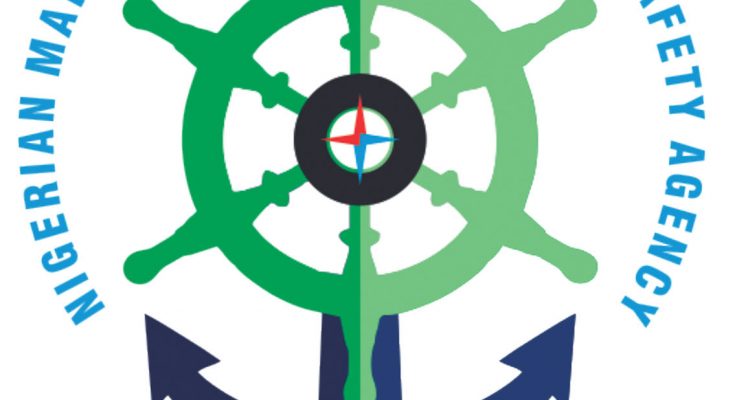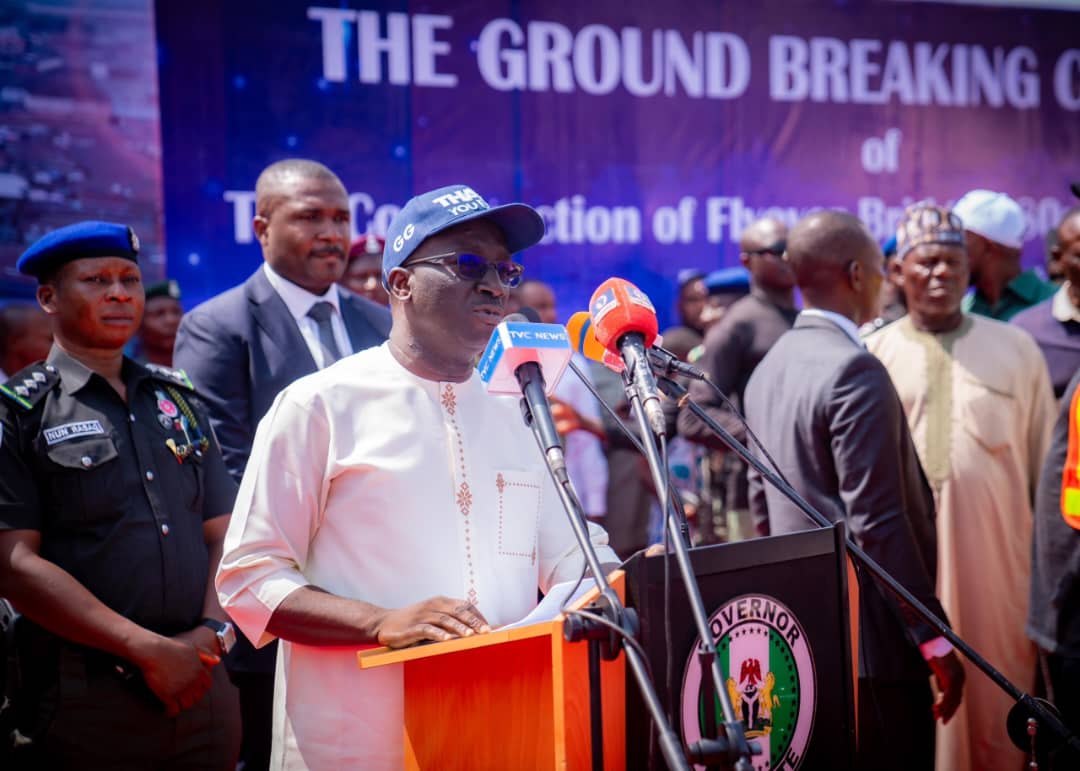Maritime
AU to tackle Ethics and Integrity in Customs Administrations

ADDIS ABABA – The African Union Commission’s seminar on Integrity and Ethics in Customs administrations kicked off on yesterday in Kigali, Rwanda.
Organized by the Department of Trade and Industry in collaboration with the Rwanda Revenue Authority, experts from the Regional Economic Communities (RECs), the African Union Member States, the World Customs Organization (WCO), the United Nations Economic Commission for Africa (UNECA), the private sector representatives and the representatives of anti-corruption commissions, focused on making recommendations on how best customs administrations in Africa can deal with challenges of implementing effective Integrity and Ethics Programs so as to improve their service delivery. In the three days, experts will also focus on the outcomes of the seminar and inform the Trade Facilitation Cluster of the Action Plan in boosting Intra Africa Trade that was endorsed by the African Union Assembly of Heads of State and Government through their decision on Boosting Intra-African Trade and Fast tracking the Continental Free Trade Area (CFTA).
The objective and scope of the Seminar was to take stock of Integrity and Ethics programs in AU Member States Customs Administrations and to critically examine the challenges of implementing them. In addition, the Seminar will also provide a forum for the exchange and sharing of best practices among and between Member States on various issues regarding the implementation of effective Integrity programs. Participants will be given a chance to examine the options available and interrogate them for suitability for implementation at the Continental level.
In his opening remarks, M. Aly Iboura Moussa, Acting Head of Customs Division for the AUC Department of Trade and Industry, pointed out that Customs administrations are often cited as among the most corrupt of all government agencies. He explained that this is essentially because of the nature of their job. “We are all aware that Customs Administrations world over play a vitally important role in every international trade transaction, and is often the first window through which the world views a country. The implications of unethical behavior in customs on a nation’s capacity to benefit from the expansion of the global economy are obvious. More often than not, investors tend to shun countries perceived to have high levels of corruption”, he said. He also mentioned that quick fix solutions to address integrity and ethics issues do not work, and to effectively tackle the problem, a comprehensive and sustainable approach that addresses the underlying causes and consequences is required. “In addition, there should be political support at the policy level and involvement of the private sector through various mechanisms, for example, having Memorandum of Understandings (M.O.Us) for cooperation and implementation of best practices as well as Authorized Economic Operators (AEOs) programs”, he emphasized.
The Commissioner General for Rwanda Revenue Authority, Mr. Richard Tusabe defined corruption as a two way act that implies a giver and a taker and he admitted that private sector is mostly part of the equation. He revealed that Rwanda is one of the few Africa countries that have managed to relatively combat corruption. “However, despite our achievements, we are open to learn from views of different experts in this seminar, while at the same time keeping our doors open for those who would like to learn from us”, he declared. “I hope this seminar will serve as an interactive platform to share views on challenges met while dealing with the issues of corruptions and come up with possible recommendations to ensure the achievement of integrity and ethics in both our Customs Administrations and partners”, he concluded.
The Seminar is organized on the recommendations of the African Union Sub-Committee of Director Generals of Customs who, at their 4th Ordinary session meeting held in Addis Ababa Ethiopia from 6-7 September 2012, recommended among others that “a continental seminar be held to discuss the issue in depth and produce a more specific Declaration that AU Member States can adhere to and implement.”
Maritime
Maritime Governance: Minister Deposits Three Accession Instruments At IMO

The Honourable Minister of Marine and Blue Economy, Adegboyega Oyetola has deposited three Instruments of Accession to IMO Conventions signed by President Bola Ahmed Tinubu with the global body.
He did so on Tuesday, at the headquarters of the International Maritime Organization (IMO), which acts as the repository for these conventions.
This move, coming a few weeks after Nigeria declared its intention to contest election for a seat on the IMO Council, is expected to enhance Nigeria’s maritime governance and align its practices with international standards, promoting maritime safety, security, and environmental protection.
Shortly after the presentation ceremonies, Oyetola informed the IMO Secretary General, Arsenio Dominguez, of the President’s commitment to ensuring that Nigeria aligns with international maritime standards regarding maritime safety, security, and sustainable marine practices.
ALSO READ: NNPCL Launches Utapate Crude Oil Blend, Eyes Production Expansion In 2025
He also called on the IMO to extend technical support to Nigeria.
In his words, “These instruments, duly acceded by His Excellency, the President of the Federal Republic of Nigeria, signify Nigeria’s continued commitment to aligning with international maritime standards, ensuring maritime safety and security, and promoting sustainable marine practices.
“We hereby request tailored technical cooperation under the Integrated Technical Cooperation Programme (ITCP) to enhance Nigeria’s compliance with IMO conventions and improve our maritime governance and implementation of the instruments we submitted today.”
On his part, Dominguez, acknowledged with appreciation the formal deposition of the Instruments of Accession, stating that it underscores Nigeria’s steadfast commitment to aligning with global maritime standards.
“I congratulate Nigeria for its exceptional efforts in acceding to these six critical IMO instruments. I encourage continued momentum by securing presidential assent to additional key conventions. We at the IMO remains fully committed to supporting Nigeria through technical cooperation and capacity-building initiatives to ensure the successful implementation of these instruments,” he stated.
The instruments Oyetola handed over to Dominguez include the instrument of accession to the 2005 Protocol to the Convention for the Suppression of Unlawful Acts against the Safety of Fixed Platforms Located on the Continental Shelf (SUA Protocol 2005), the instrument of accession to the International Convention on Standards of Training, Certification, and Watchkeeping for Fishing Vessel Personnel (STCW-F), and the instrument of accession to the Protocol Relating to Intervention on the High Seas in Cases of Pollution by Substances Other Than Oil (Intervention Protocol 1973).
It was gathered that three other Instruments of Accession signed by President Tinubu are undergoing further steps to complete the processes for their deposit.
Maritime
Capacity Dev’t: NIMASA Assures On Cabotage Vessel Financing Fund

Funds accrued under the Cabotage Vessel Financing Fund (CVFF) are intact and currently held with the Central Bank of Nigeria (CBN) under the Single Treasury Account (TSA).
This assertion was made by the Nigerian Maritime Administration and Safety Agency (NIMASA), in a statement in Lagos on Tuesday.
The clarification became necessary to address “a misleading publication alleging that funds have disappeared from the CVFF account”.
ALSO READ: Okpebholo Hits Ground Running, Flags Off Edo’s 1st Flyover Bridge
The statement reads, in part, “The report of a missing money is both misleading and false.
“For the record, the Cabotage Vessel Financing Fund, securely held in the NIMASA account at the Central Bank of Nigeria (CBN), remains intact. There has been no disappearance of funds, and no illegal transactions, as the article suggests. This misinformation is a figment of the authors imagination, aimed at undermining NIMASA’s integrity, and mislead the public about the Agency’s operations.
“The Management of NIMASA will ensure that the CVFF is utilised in line with its statutory purpose. NIMASA Director General, Dr Mobereola has assured stakeholders of the safety of funds under the CVFF.”
The statement cited the DG thus, “Let us be clear that the CVFF account at the Central Bank of Nigeria is safe, intact, and secure. We at NIMASA will continue to manage it with the utmost responsibility, and there are no irregularities or illegal activities surrounding the funds. I urge the public to disregard this false narrative and to continue trusting the Agency’s ability to uphold the integrity of Nigeria’s maritime sector”.
It was gathered that the CVFF is a fund established under section 42 of the Coastal and Inland Shipping (Cabotage) Act 2003 to promote the development of indigenous ship acquisition capacity and to provide credit facilities to local maritime operators.
The NIMASA, assured of its commitment “to transparency, accountability, and the advancement of Nigeria’s maritime sector.”
Maritime
Okpebholo Hits Ground Running, Flags Off Edo’s 1st Flyover Bridge

Edo State Governor, Senator Monday Okpebholo appears eager to deliver the dividends of democracy to his constituents.
This is discernible from the frenzy of activities being witnessed in his first few days on the job, including dissolution of boards, constitution of investigative panels, flagging off of infrastructure projects, among others.
In the bid to address the perennial road traffic congestion negatively impacting economic and social activities in Benin City, the state capital, Gov Okpebholo on Wednesday flagged off the construction of a flyover bridge.
Biztellers reports that the flyover bridge around the popular Ramat Park in the city centre is the first of such in the history of Edo State.
ALSO READ: Tinubu Seeks ₦1.767tn Loan to Tackle 2024 Budget Deficit
The Edo State Government made the disclosure in its verified handle on micro-blogging site, X, on Wednesday.
It wrote, “Traffic decongestion: Gov Okpebholo flags off first flyover in Edo.
“Edo State Governor, Sen. Monday Okpebholo has flagged off the construction of a flyover bridge at Ramat Park, Benin City, the State Capital, as part of immediate efforts to reduce traffic congestion in the city.”











